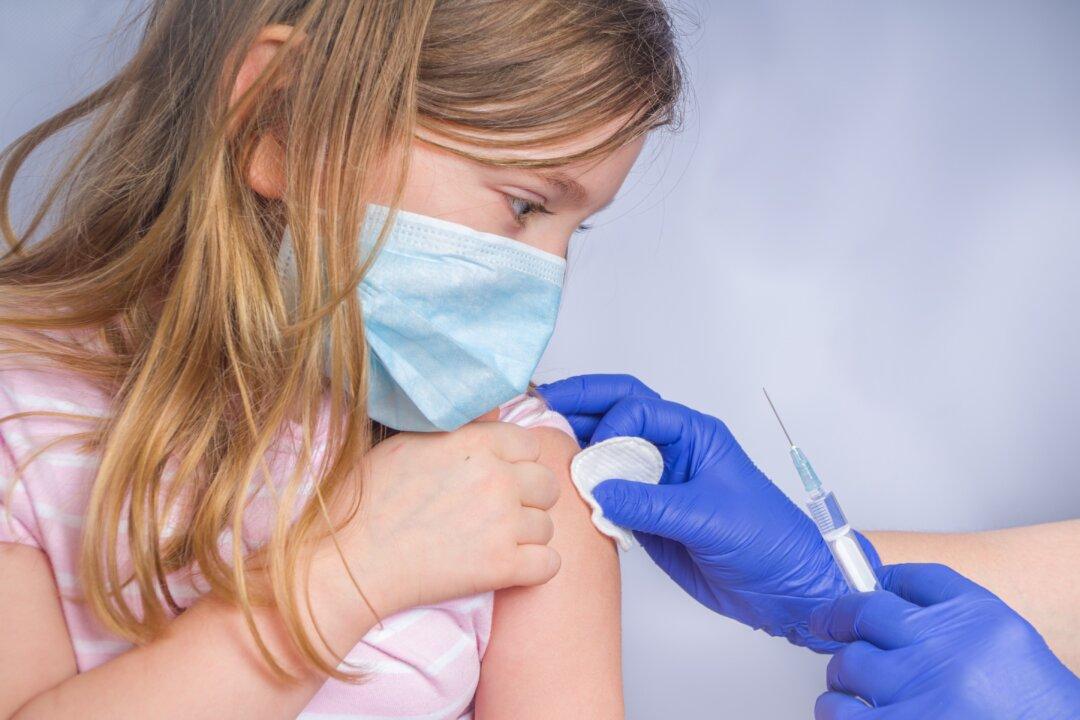Children in Western Australia (WA) aged five- to eleven-years-old will be eligible to receive a COVID-19 vaccination from Jan. 10, 2022, soon after Australian health authorities gave the green tick for the age bracket.
This comes as the state expects new vaccine supply from the federal government, with those wishing to have their children vaccinated needing to book in to one of the state’s many available vaccination clinics.





